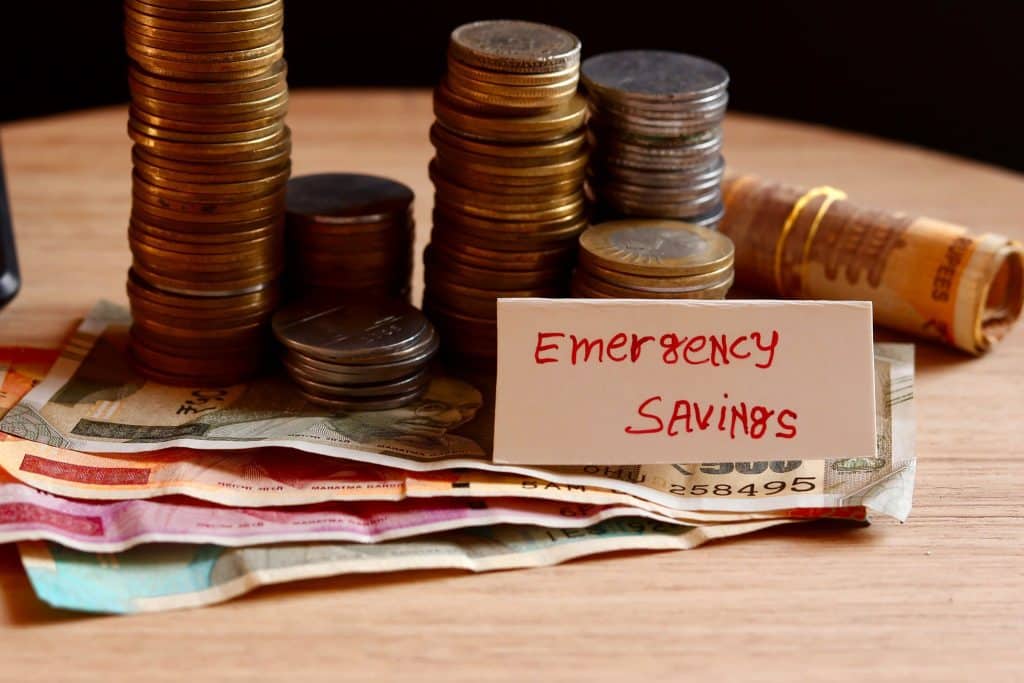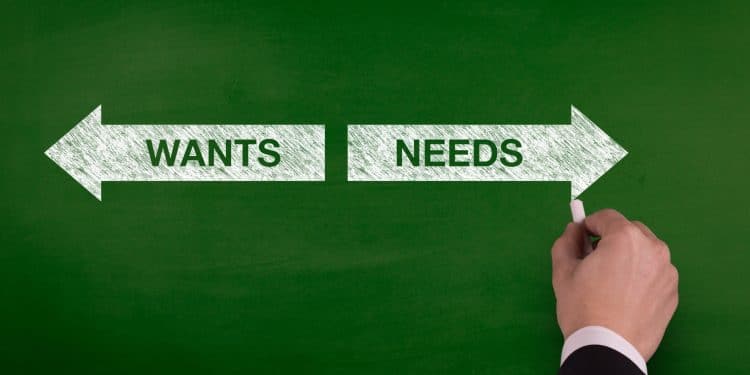In a world driven by consumption, minimalism is more than a lifestyle—it is a mindset shift that can deeply influence how you approach money. For many people, managing monthly finances becomes a juggling act of bills, subscriptions, impulse buys, and unnecessary stress. But what if fewer things could actually mean more control? This blog explores how embracing minimalism can make managing monthly finances easier, less emotional, and more intentional. From slashing spending to simplifying your goals, minimalism quietly reshapes your financial behaviors in ways that last longer than any budgeting app ever could.
Let us take a closer look at how this lean mindset changes your wallet for the better.
What Is Minimalism, Really?
Minimalism is not about living with nothing; it is about living with only what you need and value. At its core, it is a commitment to purpose over clutter, to clarity over chaos. Financially, this means prioritizing spending, simplifying bills, and removing excess that adds no true value.
When applied to managing monthly finances, minimalism urges you to:
- Question recurring expenses
- Avoid lifestyle inflation
- Focus on long-term needs instead of short-term wants
The result? A clearer picture of your finances and fewer budget leaks that silently drain your resources.

Decluttering the Budget: Where Minimalism Begins
Minimalism starts at home—but its impact lands in your bank account. Many households are surprised at how much “financial clutter” exists: unused subscriptions, duplicate services, unnecessary upgrades, and mindless shopping habits.
Here is how minimalism aids in managing monthly finances:
- Audit Your Expenses
The first minimalist step is to identify what is truly essential. List everything you spend money on monthly. Then cut or consolidate. - Cancel and Replace
Reevaluate gym memberships, app subscriptions, streaming services, and delivery apps. Most people find they can cut at least 10–20% of their fixed expenses. - Rethink “Deals”
Minimalists avoid the trap of spending to save. That big sale may still be a loss if it is something you never needed.
The Finance Finest Budgeting section offers guides that help you simplify your expenses without feeling deprived. You can also use tools like RocketMoney to automatically identify and cancel unused subscriptions that eat away at your monthly income.
The Psychology Behind Spending Less
Minimalism shifts your thinking from consumer-driven to value-driven. When you are managing monthly finances through this lens, emotional spending decreases. You begin to:
- Delay gratification
- Choose intentional purchases
- Separate identity from possessions
Spending becomes a reflection of priorities rather than impulses. You start asking, “Does this align with my goals?” instead of “Can I afford it right now?”
This mental clarity extends into how you set and stick to financial goals. It becomes easier to save because you are not chasing momentary highs through purchases.
The Mindset section at Finance Finest dives deeper into this emotional shift.
Minimalist Budgeting: Simplifying Financial Tools
Managing monthly finances is not only about what you earn or spend; it is also about how you track it. A minimalist budget does not require five apps, three spreadsheets, and daily updates.
Instead, it follows these principles:
- One income tracker
- One spending tracker
- One savings goal
- One review session per week
By keeping your system light and manageable, you reduce the chance of burnout and build consistent habits.
You may also consider using You Need A Budget (YNAB) or Goodbudget—both minimalist-friendly apps that help you track spending and savings in real time without overwhelming features.
Lowering Fixed Costs: The Minimalist Advantage
The fewer fixed commitments you have, the more freedom you gain. Minimalism excels at eliminating rigid expenses that lock you into lifestyle inflation.
When managing monthly finances, minimalist households often reduce:
- Housing costs (smaller spaces, fewer amenities)
- Utility bills (less consumption)
- Car payments (downsized vehicles or none at all)
- Credit card interest (lower spending, fewer balances)
This provides a more flexible financial structure. You can handle surprises without panic. Emergency savings stretch further. Most importantly, money serves you—not the other way around.
Saying No: A Skill Minimalism Teaches
In the context of managing monthly finances, the ability to say “no” is one of the most underrated superpowers. Minimalism strengthens this reflex.
You learn to say no to:
- Impulse purchases
- One-click convenience
- Social pressure to overspend
- Gifts out of guilt
- Flashy upgrades
This does not mean being stingy. It means protecting your priorities. A minimalist framework helps you spend in alignment with your values instead of social expectations.
Check out the Lifestyle tips at Finance Finest for practical applications.
Minimalist Living = Emergency Preparedness
One of the quiet perks of minimalism is financial resilience. When your cost of living is low, you are better equipped to handle layoffs, health issues, or unexpected bills.
Managing monthly finances in a minimalist household often includes:
- Building an emergency fund
- Living below your means
- Keeping expenses predictable
- Using savings as a buffer, not a backup
This kind of financial stability allows you to make decisions from a place of strength, not scarcity.
Aligning Goals With Your Financial Lifestyle
Minimalism also impacts how you view your goals. You stop chasing more, and start appreciating enough.
Financially, that looks like:
- Fewer, more meaningful goals
- Defined savings targets
- Shorter debt payoff timelines
- Long-term investments over short-term luxuries
Managing monthly finances becomes more goal-centric and less reactive. You are no longer just paying bills—you are directing your money toward something meaningful.

Real-Life Examples: Minimalism in Action
Case 1: The Subscriptions Purge
A family of four slashed $150 per month after canceling unused TV apps, premium grocery delivery, and an online course they forgot to finish.
Case 2: The Downsized Car
A young couple sold their financed SUV for a smaller used car. Result: $350/month saved in payments and insurance.
Case 3: The One-Room Office
A freelancer simplified his workspace, sold old tech gear, and stopped buying office décor. Monthly expenses dropped and productivity soared.
Each scenario shows that managing monthly finances improves not by earning more, but by needing less.
Minimalism and Mental Load
Minimalism is not only a money saver—it is a stress reducer.
Here is how managing monthly finances changes mentally:
- Fewer accounts to track
- Less pressure to “keep up”
- Simpler decision-making
- More mental space for creativity and rest
With fewer inputs, your brain can focus on what matters. Decision fatigue drops. Financial planning becomes lighter, faster, and more sustainable.
Travel, Gifts, and Social Spending
One area minimalism truly changes is social and seasonal spending. Managing monthly finances during gift-heavy seasons or vacation months becomes much simpler when you ditch the “more is better” mindset.
Tips:
- Give meaningful experiences over expensive gifts
- Travel off-season and plan ahead
- Be honest with friends about spending limits
- Focus on presence, not presents
Minimalism encourages thoughtfulness over extravagance. That applies to your calendar and your wallet.
Tech, Fashion, and Home Purchases
Minimalists are not anti-tech or anti-style. They are anti-excess.
When managing monthly finances with a minimalist lens, you:
- Buy tech when old devices fail, not when new ones launch
- Create capsule wardrobes
- Decorate with purpose, not to impress
- Avoid “boredom browsing” e-commerce sites
It is not about self-deprivation. It is about self-direction.
Digital Minimalism and Financial Habits
Reducing digital clutter also influences how you manage money. Less screen time often means less temptation.
Benefits include:
- Fewer targeted ads seen
- Lower exposure to influencer-driven spending
- Fewer app notifications triggering FOMO buys
- Reduced time on comparison platforms
Managing monthly finances becomes simpler when your environment supports—not sabotages—your goals. For extra help, install browser extensions like StayFocusd that limit time on tempting shopping websites.
Building a Minimalist Financial Routine
Try this simple weekly flow for managing monthly finances:
- Monday: Review spending from last week
- Wednesday: Update budget sheet
- Friday: Transfer any leftover funds to savings
- Sunday: Review upcoming bills and unsubscribe from anything non-essential
This keeps your money habits consistent without daily stress.
Why Minimalism Sticks
Minimalism is sustainable because it is built on values. People do not revert because they feel more in control, not less.
Over time, managing monthly finances becomes second nature because:
- You buy less
- You owe less
- You track less
- You want less
This long-term behavioral shift is what sets minimalism apart from temporary budgeting hacks.

Less Is Wealth
Minimalism does not promise instant riches. But it promises freedom—freedom from debt, clutter, comparison, and stress. By reducing noise, you hear your true financial priorities more clearly. Managing monthly finances improves not because you do more, but because you do less—more intentionally. And when your wallet aligns with your values, financial peace follows. Need help simplifying your financial life? Visit Finance Finest for practical, mindset-based tools.
